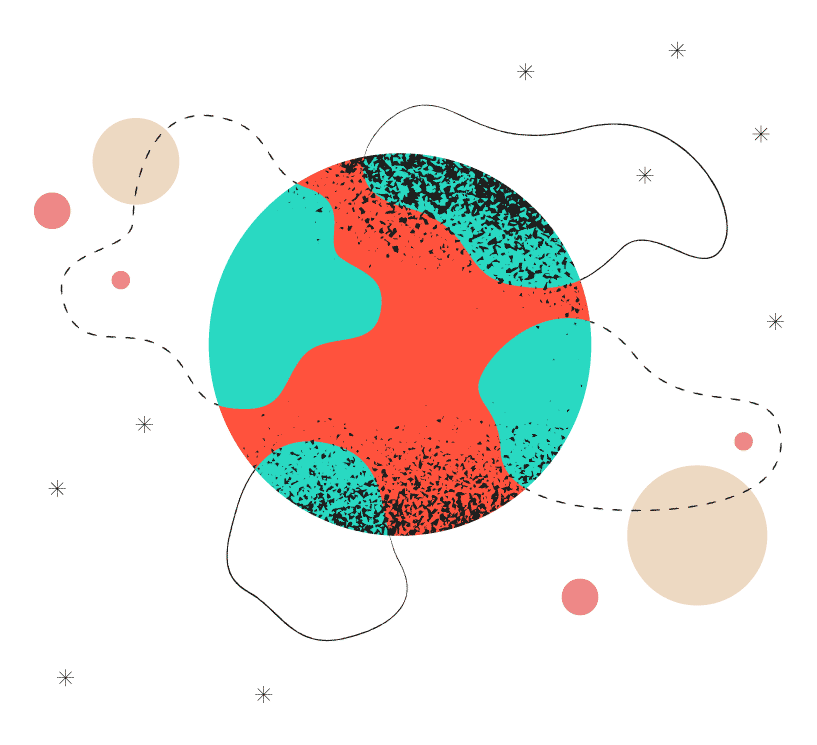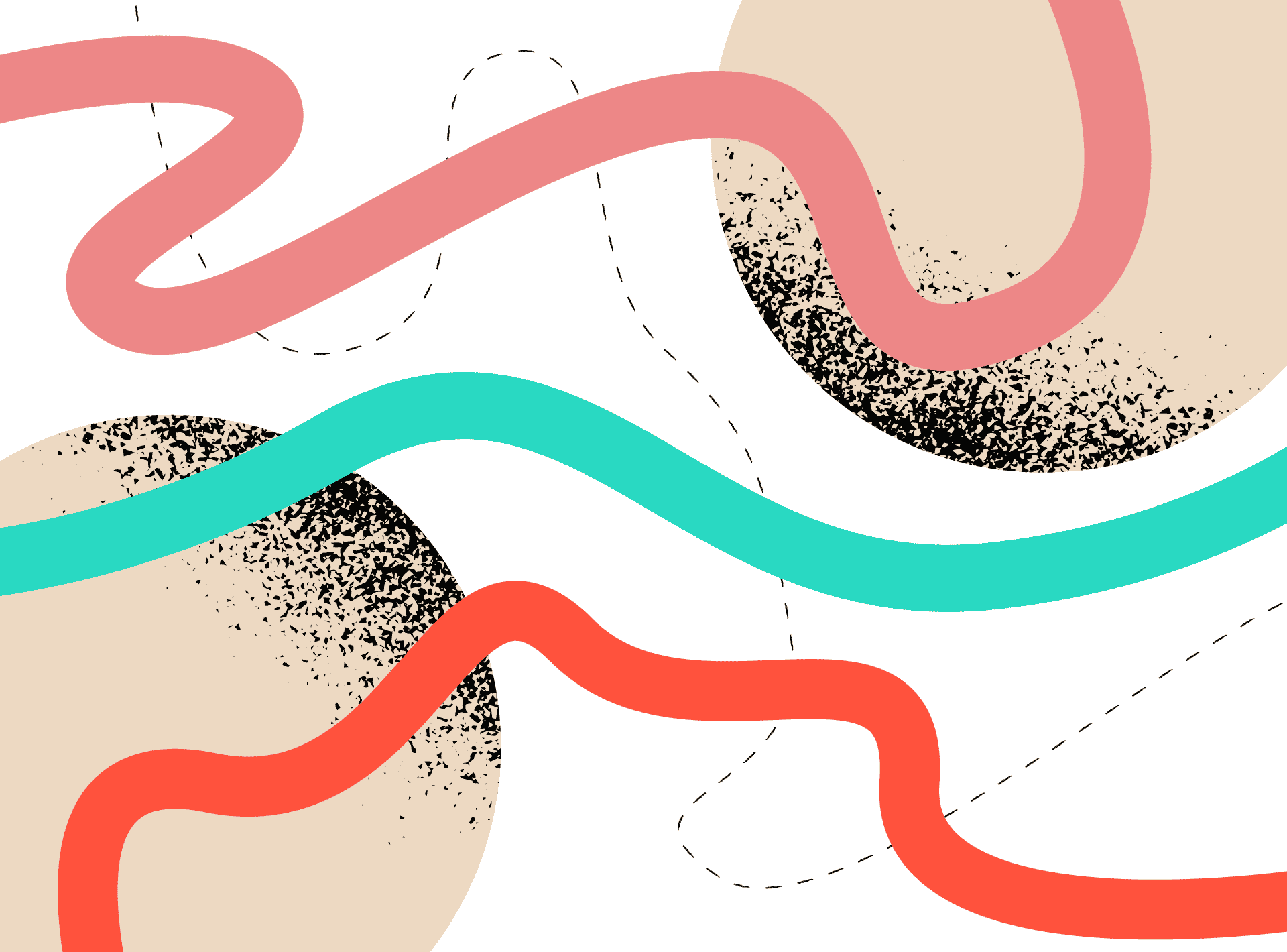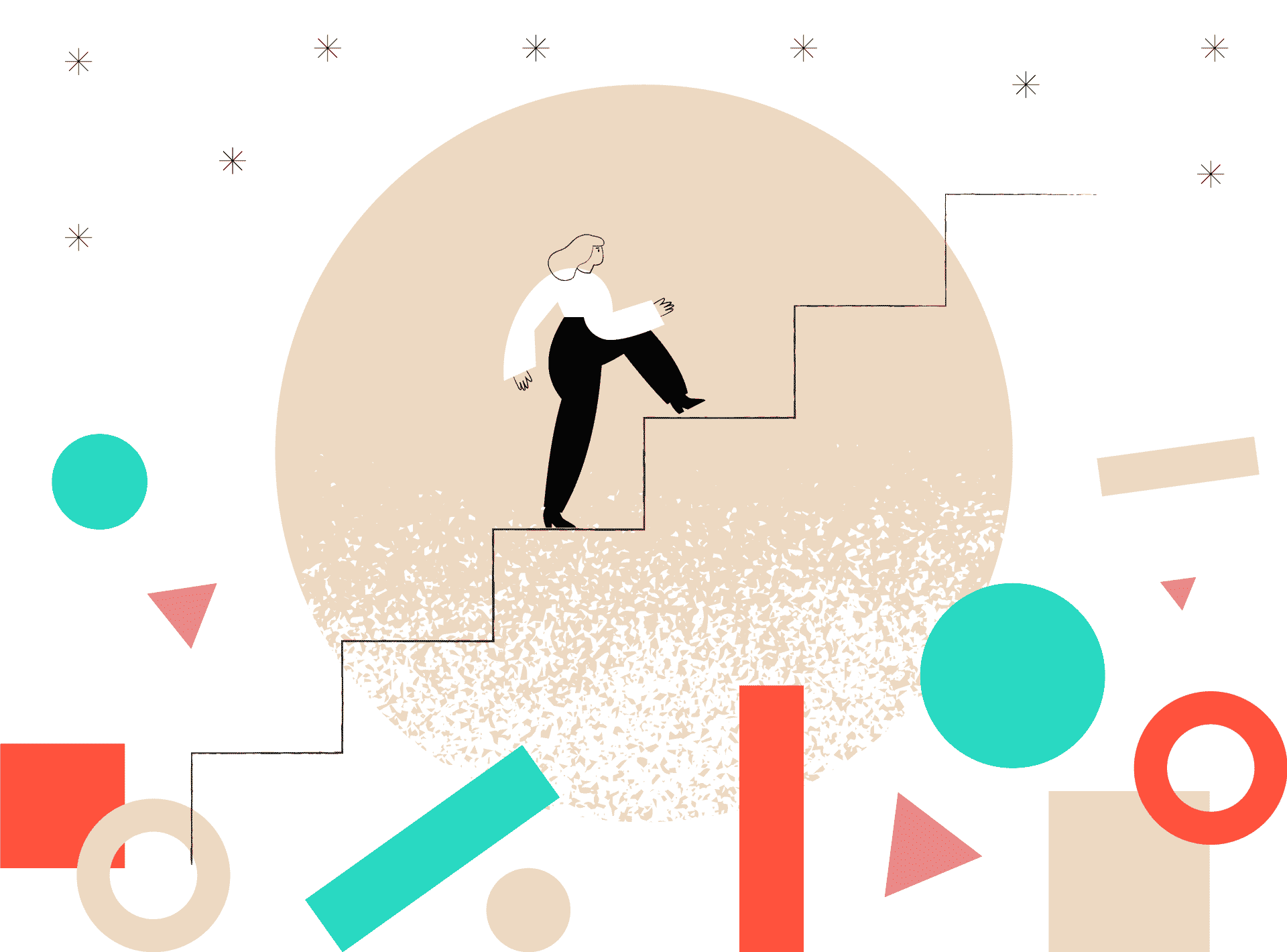Before plastic, there was life
Share this article

For some time now, we have noticed that more and more companies are starting to publicly talk about ecology, create environmentally friendly products and build their eco brand image. We have also observed that there are always many people who criticize companies and say that they should not be involved in such issues. It is to them that we dedicate this article.
Humankind has been evolving for thousands of years. First, people learned how to use wood, stone, fire, and metal. Then they discovered how to extract oil from the bowels of the Earth, invented nanomedicine, 3D printers, and AI and one day maybe we will all end up in a world similar to cyberpunk aesthetic.
However, not all creations end up well for our descendants. Even though plastic is a great invention that helped humanity find alternative long-living raw material, we managed to make this invention dangerous to the planet. Why? Beyond all possible reasons for its damage, we made it disposable.
Plastic is used everywhere in people’s everyday life, from plastic shopping bags to trendy gadget accessories. This is the blossom of the Plastic Era. What do you see when you enter any shop, from a kid’s toy market to a grocery store? Dozens of colors trying to win your eye, hundreds and thousands of kilos of packages that we actually don’t need. Who to blame? Marketing experts? Producers? Consumers?
Well, it doesn’t matter anymore. What we should focus on is the fact that everyone in this world suffers. Not only humankind, but also animals, and our planet as well. People use plastic, consume it, and throw it away without any consideration about all the dimensions of the damage they cause. Sad, but it’s not time to go into emotional branding. Right now, it is time to actually do something about it.
We are what we leave behind. The solution so far is simple: educate producers and consumers, support brands with an eco brand image, don’t buy plastic, refuse cheap one-use goods, be a buyer of conscious branding (not consumer), do not think “if it has already been produced someone has to use it”. No! We are here to stop this mentality: if you don’t take, your friends and family may also won’t, and so the demand will decline – slowly, but surely. And most important: when purchasing something, think and measure what you leave behind right after.
Over the past 20 years, the world has changed! In the past, people would go to the market with their bags and wash the dishes with their own hands after dinner. Later, however, we became more convenient. Now there are no cleaning dishes after takeaway lunch and street coffee, no bringing your own bags to shops, and no control over excessive packaging for goods and gifts. Pure comfort! Everything is given to us overly and in an instant.
It sounds like the world has become ultra-convenient and everything would be ok if it wasn’t for the growing landfills right outside our windows.
Today we pack our purchases in plastic, tomorrow our children will play in nature among landfills.
We are children of the XXI century, we are the generation of unstoppable solutions, ideas, fast flow of information, and possibilities. We are the contemporaries for conscious actions and decisions. We can sort out our dubious future together because solutions already exist. What we have to do is:
It is us who have the power today to change tomorrow. Let’s achieve our successes! … and leave behind a healthy place when we are done!

